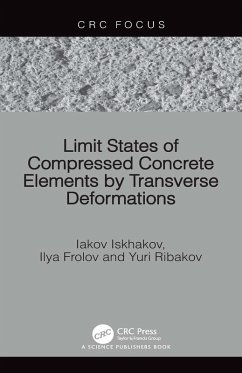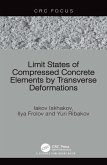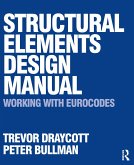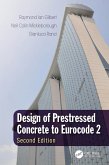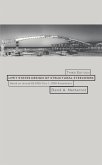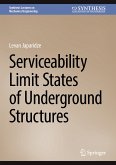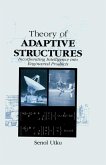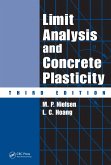The book presents experimental and numerical results confirming this model. It deals with experimental verification of theoretical models of cracking and failure scheme for cylindrical specimens. The importance of using transverse deformations for analysis of initiation and development of inelastic deformations under high loading rates is verified. The experimental and numerical results are in good agreement with the theoretical ones, which significantly reduces the number of empirical coefficients in compressed concrete elements design.
Dieser Download kann aus rechtlichen Gründen nur mit Rechnungsadresse in A, B, BG, CY, CZ, D, DK, EW, E, FIN, F, GR, HR, H, IRL, I, LT, L, LR, M, NL, PL, P, R, S, SLO, SK ausgeliefert werden.

